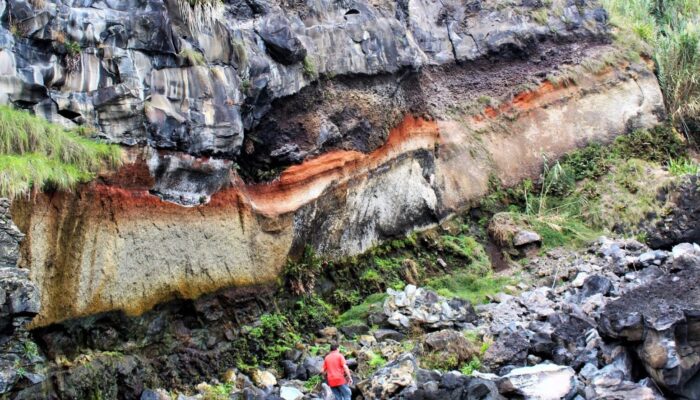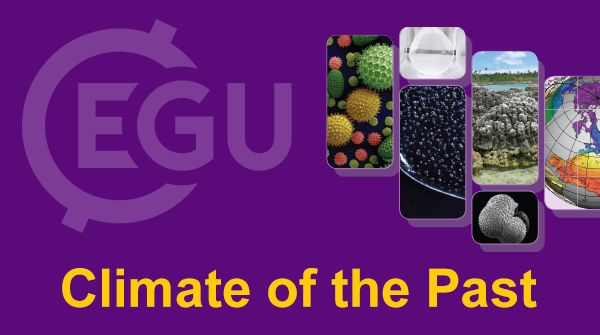Twenty years ago, a small group of scientists set out to create a journal dedicated entirely to understanding Earth’s climate history. That journal, Climate of the Past (CP), was launched in 2005 as an international open-access journal of the European Geosciences Union (EGU), and over the past two decades it has become a cornerstone for the paleoclimate community. From geological eras to the last ...[Read More]
The rabbit and the tortoise – what does a glacial cycle need to be a glacial cycle?

The climate is not what it used to be and it will never be the same again. This is what the models say. Where does this knowledge come from? In short, we learn it from the clues that nature left on the planet since its formation. And it is precisely with these observations where our story begins. Since the beginnings of mountaineering, many visitors of the Alps and other mountain ranges have wonde ...[Read More]
Past climate of the Central North Atlantic, insights from ancient soils in the Azores volcanic islands

The Atlantic Ocean, a climate driver for Europe and North America The climate of both Europe and North America is influenced by the conditions of the Atlantic Ocean. This teleconnection between the ocean and the atmosphere has been the focus of great interest, especially in the context of ongoing global warming. For instance, Cresswell-Clay et al. (2022) noted an expansion of the North Atlantic Os ...[Read More]
LOESS IN TRANSLATION
Loess is a mineral, aeolian deposit with a range of definitions in literature, which class it as either a sediment, soil, or rock. Some classic texts suggest that “loess is not just the accumulation of dust” [1], and it must include additional processes such as loessification, calcification, pedogenesis, and in-situ weathering. The definition adopted depends on the scientific background and the qu ...[Read More]


